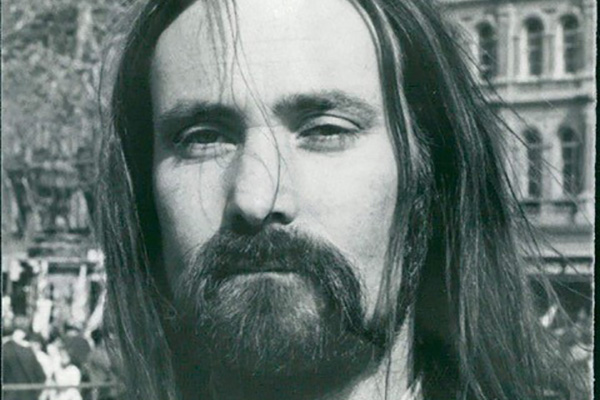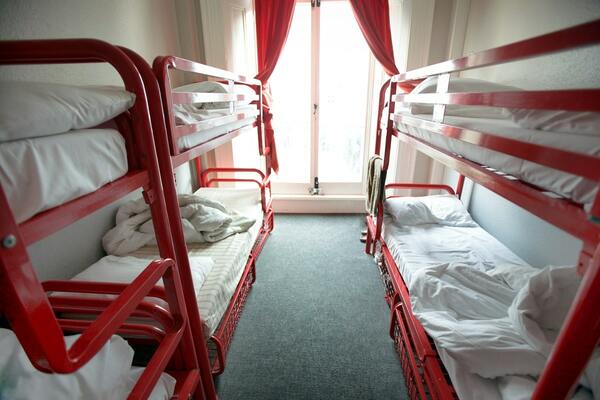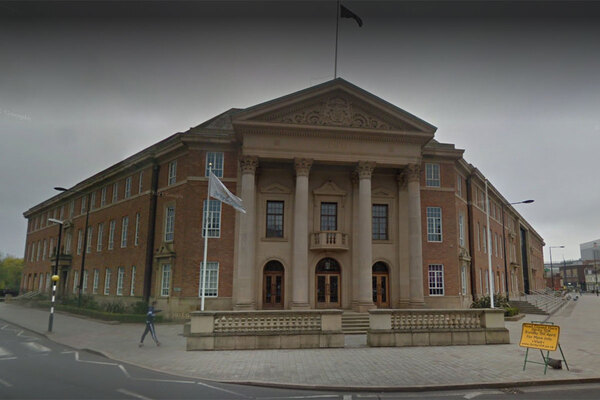You are viewing 1 of your 1 free articles
First chair of Crisis dies aged 79
Nick Beacock, the first ever chair of national homeless charity Crisis, has died in Newcastle of COVID-19.
Mr Beacock became the charity’s chair at Christmas 1967. At the time, he was curate of St Barnabas Church in East Ham, London, but he found a more pressing calling in campaigning for the rights of homeless and poorly housed people, which he did to great effect for the next 40 years.
Mr Beacock was born in Bridlington, East Yorkshire, on 5 October 1941, and grew up in Grantham, Lincolnshire, where both his parents were teachers.
Educated at Carre’s Grammar School, Sleaford, he then worked for a year in a steelworks before studying theology at Durham University. Two years at Lincoln Theological College followed.
After ordination, he took up his post at St Barnabas in 1965. With his socialist principles, beard, shoulder-length black hair and leather jacket, he was an unusual man of the cloth even in the 1960s, and was dubbed ‘Nick the Vic’ by the Sunday People.
Crisis’ founder Bill Shearman asked him to chair Crisis at Christmas and St Barnabas’ hall witnessed the birth of Crisis UK – a charity that still gives homeless people shelter, food and friendship for one day of the year and much else besides.
A deepening concern about the plight of the homeless led Mr Beacock to become director of the Campaign for the Homeless and Rootless (CHAR) in 1971, where he fought for the rights of homeless people and those living in houses in multiple occupation (HMOs).
At CHAR, he built a movement based on networks of local activists – a hallmark of all his campaigning. He also worked closely with local authority environmental health officers responsible for private rented housing standards.
His ability to absorb difficult technical and legal details helped CHAR convince several councils to change their policies on various issues, particularly housing young and vulnerable people.
A quietly persistent and forensic lobbyist who was listened to by politicians of all parties at all levels, he was vital to the introduction of the Housing (Homeless Persons) Act 1977, which for the first time gave local authorities the legal duty to house homeless people in priority need.
In 1982, a fire swept through a bedsit block in Notting Hill, killing eight people and leaving 100 people homeless. It moved Nick to leave CHAR to found and direct the Campaign for Bedsit Rights (CBR) and continue his long mission, which ultimately led to the licensing of HMOs.
Ending the mounting death-toll from carbon monoxide poisoning in bedsits was also in his sights. The ‘Silent Killer’ campaign saw the establishment of the Gas Safety (Installation and Use) Regulations 1994, which introduced mandatory annual gas safety checks in rented housing.
It was 2004 before the licensing of HMOs was introduced, along with improved fitness standards. By this time, CBR had become a unit in Shelter and Mr Beacock was still its head – a testament to his tenacity and long-term commitment to causes when others had given them up as lost. He was always prepared for the long game.
Generous, wise and self-deprecating, Nick Beacock was great company and very funny, particularly over a pint, watching cricket or talking politics. His legacy can be found not only in his campaigning achievements and the better housing situation of many people, but also in the work of the next generation of campaigners whom he inspired and who learned a great deal from him.
“He is among the group of people I have known over the past 50 years or more for whom I feel the greatest respect,” said former Labour housing minister Nick Raynsford, who worked closely with Nick on many campaigns.
Nick Beacock died on 8 October. He is survived by two younger brothers.









